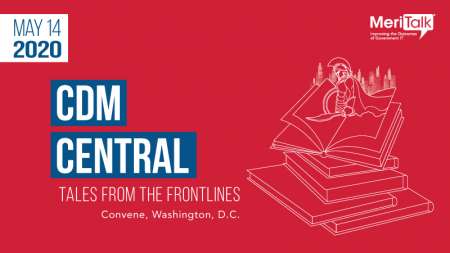
While business owners told members of the House Small Business Committee at a March 4 hearing how they use blockchain in their operations, a question from the committee’s chairwoman led to talk of bigger operations that could benefit from blockchain – state governments.
Asked by committee Chairwoman Nydia Velázquez, D-N.Y., about “industries where [blockchain] can have the most impact,” one witness suggested state motor vehicle operations and record centers.
“Vehicle titles is the first place,” said Shane McRann Bigelow, CEO of Ownum, a holding company that works with companies to digitize records using blockchain. Waiting in line at the department of motor vehicles can be costly for some individuals, and deployment of blockchain tech could improve customer experience, Bigelow said.
Bigelow said vital records – like birth and death certificates – is another area where digitization and blockchain could be useful and make processes more efficient.
“We’ve failed to become fully digital because there is no incentive to change,” Bigelow said. “The states need an incentive to allow vendors like us to send in and transact completely in digital form the information they currently acquire and transact in paper form.”

Rep. Velázquez said a number of Federal agencies are looking at uses for blockchain technology, including the Securities and Exchange Commission as well as the Internal Revenue Service.
The Treasury Department is using blockchain to keep track of employees’ devices, said Jim Harper, a visiting fellow at the American Enterprise Institute. Harper called blockchain “an e-ledger” with potential for big benefit to business and government.
“What the internet itself did for communication, blockchain and cryptocurrency may do for record-keeping and administration,” he said.
